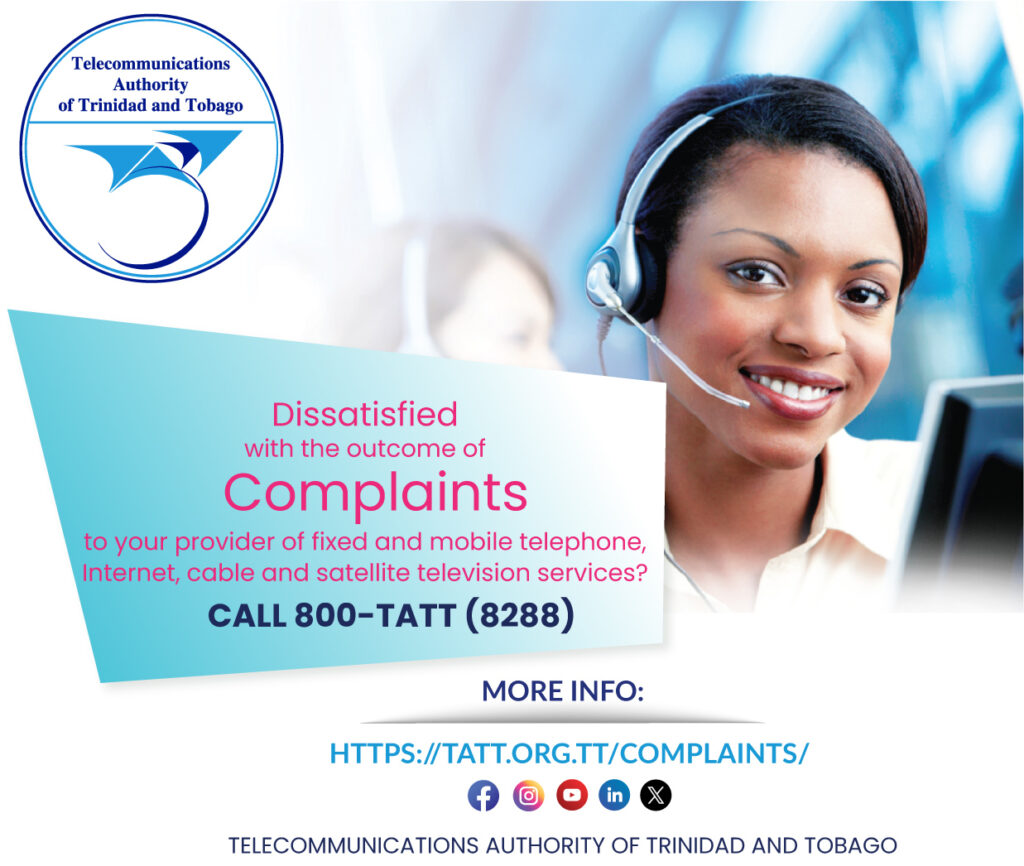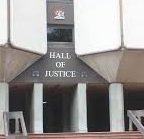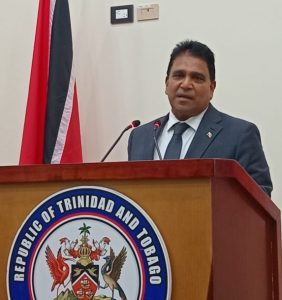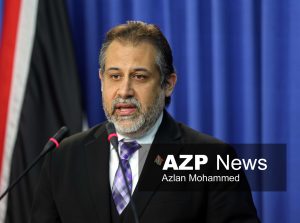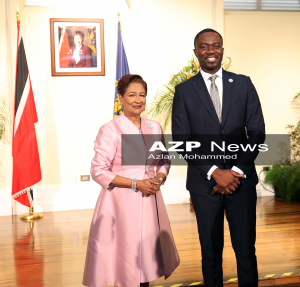KINGSTOWN, ST VINCENT– The Eastern Caribbean Supreme Court of Appeal Wednesday ruled in favour of the St Vincent and the Grenadines government in the so-called Covid-19 Vaccine Mandate case. It stated that the Minister of Health did not need to consult the Chief Medical Officer (CMO) before ordering that public sector workers take a vaccine in 2021.
The St Vincent and the Grenadines Teachers’ Union (SGVTU), Public Service Union (PSU),and the Police Welfare Association (PWA) funded the lawsuit in which former public sector workers, Shanile Howe, Novita Roberts, Cavet Thomas, Alfonzo Lyttle, Brenton Smith, Sylvorne Oliver, Shefflorn Ballantyne, Travis Cumberbatch, and Rohan Giles are the complainants.
The Minister of Health and the Environment, Public Service Commission (PSC), Commissioner of Police, Attorney General, and Police Service Commission are the respondents.
In a March 13, 2023 ruling, then High Court judge, Justice Esco Henry, (who is now a Justice of Appeal) ruled against the government on all 11 grounds and held that the mandate breached natural justice, contravened the Constitution, was unlawful, procedurally improper, and void.
The government appealed the ruling and the Court of Appeal heard the arguments on May 2, 2024, but reserved its judgment.
By a 2-1 majority, the Court of Appeal ruled that Justice Henry was wrong when she ruled that the health minister did not act on the advice of the CMO and overturned her ruling that the Ralph Gonsalves government’s vaccine mandate breached natural justice, contravened the Constitution, was unlawful, procedurally improper, and void.
Justices Eddy Ventose and Paul Webster allowed the appeal while Justice Gerhard Wallbank dissented, describing the government’s action as “draconian”.
Hundreds of public sector workers lost their jobs as a result of the mandate, which came into effect in November 2021.
On October 19, 2021, the Minister of Health passed Special Rules & Orders (SR&O), a law passed by the Cabinet, mandating the vaccination of frontline public service employees, unless exempted by the government on medical or religious grounds.
Rule 8(1) mandates that unvaccinated public officers who did not have an exemption were forbidden from entering the workplace and were to be “treated as being absent from duty without leave”.
Rule 8(2) provides that regulation 31 of the Public Service Regulations would apply to such public officers who were deemed by rule 8(1) to be absent from duty without leave.
Regulation 31 of the Public Service Regulations states that a public officer who is absent from duty without leave for 10 continuous days shall be deemed to have resigned his office, (unless declared otherwise by the Public Service Commission (PSC).
Regulation further provides that the office thereby becomes vacant and the officer ceases to be an officer.
When the Special Measures SR&O were made, no similar provision was in place in respect of members of the police force. However, an amendment was introduced to the Police Act on November 12, 2021 by the insertion of a new section in respect of police officers.
Delivering the majority decision, Justice Ventose noted that there was no cross-examination of either the Minister of Health or the CMO on thes issue of the CMO advising the minister.
The Court of Appeal said this meant that there was no basis for Justice Henry to reject the evidence of the CMO and the Minister of Health.
“Furthermore, the advice of the CMO was only relevant to the first part of rule 8(1), that is, an employee who, without a reasonable excuse, fails to comply with Rules 4 and 5 must not enter the workplace.”
The Court of Appeal said that no such advice was required from the CMO before the Minister of Health could include in the law that unvaccinated workers were to be treated as being absent from duty without leave
The Court of Appeal held that Rule 8(2) merely states that unvaccinated workers would be treated as being absent from duty without leave.
“These could not be and were not part of the advice given by the CMO to the Minister of Health,” Justice Ventose said.
The Court also ruled that under the Public Health Act, the Minister of Health had lawful power to make rules that were not made on the advice of the CMO. It noted that the law states that the minister shall have the power to make rules generally for the carrying out of the purposes of the Public Health Act.
The judges said there can be no doubt that the special measures, including Rules 8(1) and 8(2), were properly made by the minister, pursuant to the Public Health Act.
They said that in any event, under the Interpretation and General Provisions Act, the Minister of Health had the implied power to enforce compliance with the requirement under the mandate that public officers must not enter the workplace while unvaccinated.
“This is a basis founded in law that grounds the powers of enforcement of the minister,” the Court of Appeal said, adding that Justice Henry, therefore, was wrong to conclude that Rules 8(1) and 8(2) are “unlawful, unconstitutional and void on that basis.”
Another matter in the appeal was whether the PSC had subjected itself to the direction or control of any person or authority, contrary to the Constitution.
Justice Ventose noted that the Constitution gives the Commission the power to appoint, discipline and remove persons to hold or act in offices in the Public Service.
“It is clear that these powers are vested exclusively in the Commission,” Justice Ventose said, noting that the critical part of the mandate law is that an employee who, without reasonable excuse, fails to comply with Rule 4 or 5 must not enter the workplace.
He said the words “and is to be treated as being absent from duty or leave” in Rule 8(1) merely reflect a fact that would exist if an employee failed to get vaccinated and was unable to enter the workplace to fulfill the contractual obligations for 10 days or more.
“Rule 8(1) does not usurp any of the functions of the Commission,” Justice Ventose said, adding that Justice Henry erred in finding that it did.
When the workers lost their jobs under the vaccine mandate, the government said that they also lost their pension, a point on which Justice Henry ruled against the government.
However, Justice Ventose said the only constitutional right that is protected by Section 88 is a pension to which a person is lawfully entitled.
He said the Court of Appeal has made plain that for pension benefits to be protected as a property right under Section 6 of the Constitution of St. Vincent and the Grenadines, the applicant must either qualify for or be entitled to a pension benefit as a matter of law.
The Court of Appeal said that assuming the response is correct, a person who has abandoned their office under the vaccine mandate would not be eligible for pension.
Justice Ventose said there would be no deprivation of any property because that deprivation would arise from lack of qualification or entitlement to that pension benefit. (CMC)
![]()



